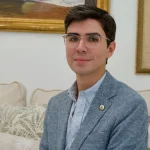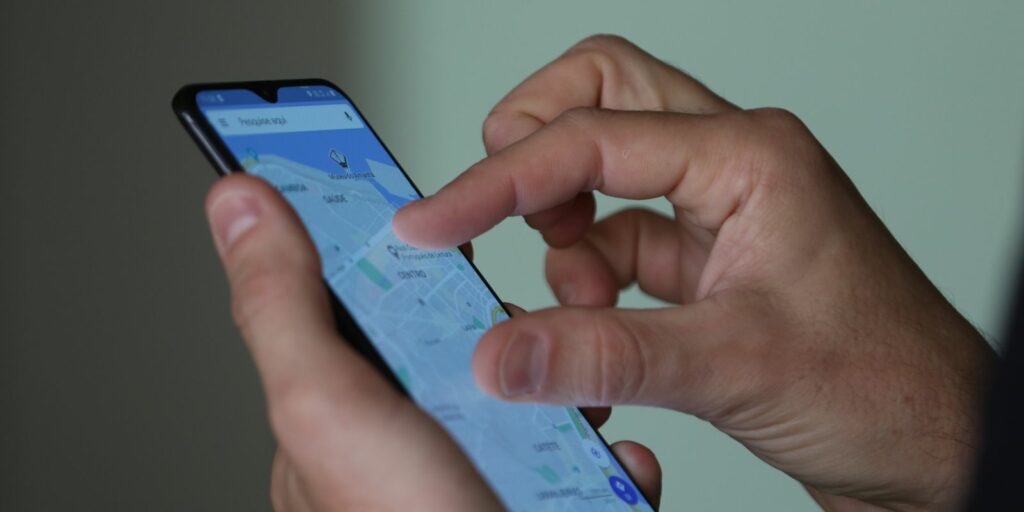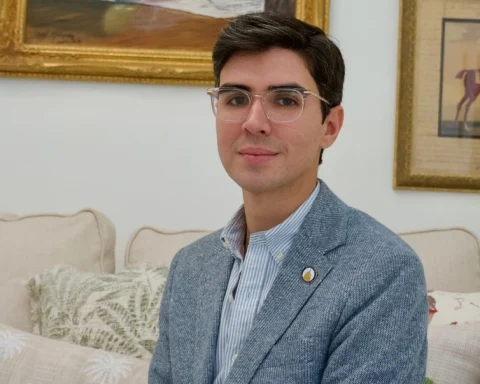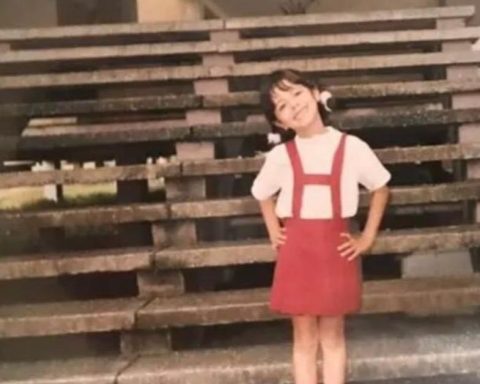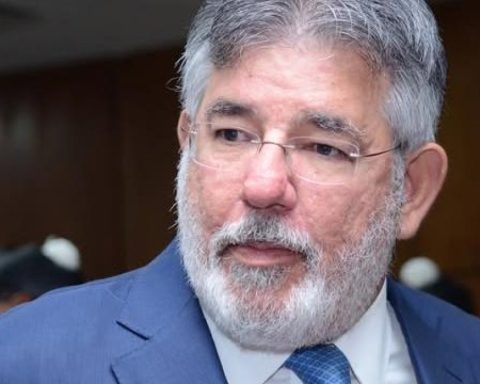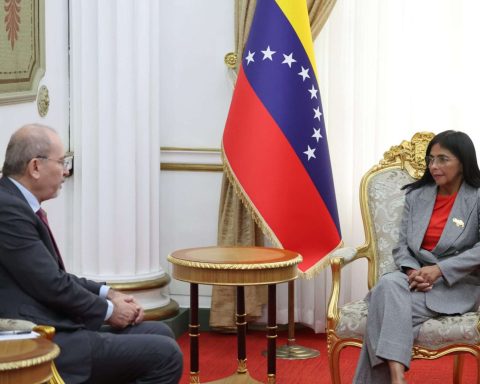After 9:30 a.m., the Minister of the Interior, Carolina Tohá, arrived in the Colchane commune, Tarapacá region, with the purpose of coordinating the deployment of the Armed Forces (FF.AA.) on the border of the northern zone from the country. Now they will be able to cooperate with immigration and security control.
The head of the Interior arrived accompanied by the head of Defense (s), Gabriel Gaspar, with whom he will be monitoring the location of the uniformed officers on the ground, who will be sent to different points in the regions of Arica and Parinacota, Tarapacá and Antofagasta.
You may also be interested in:
In this sense, Tohá warned that “it is too early to make evaluations, things have gone as they had to go, within the expected deadlines and in the next few days what we would like to see is not something special happening, what should start to happen is that there is starting to be less irregular movement across the borders”.
“Hopefully that is the result of this, that it has a deterrent effect, that as a consequence people go to the borders that are enabled and if someone wants to enter our country, they do it where they should,” he added.
Regarding the support that the Executive will have for the correct development of its new functions, the Secretary of State emphasized that these “have a legal mandate and it will certainly be supported for that mandate, of course. What happens is that there is in the public debate people who had the impression that the role of the Army was going to be different, but that was not what we approved in the Constitution”.
“What we have established in the Constitution is that the Army should be installed in border areas where there is irregular circulation and that it do three things in those places: if it surprises people circulating who could have entered irregularly or who are committing a crime, that do an identity check,” he said.
Likewise, it ruled that “if they see signs of a crime, search the baggage and if they discover any irregularity or fault, for example the irregular passage through the border or that there are drugs, weapons, or there are signs of human trafficking in the baggage, then arrest them and refer them to the police.”
It should be noted that during her stay in the area, Minister Tohá will be accompanied by the general director of the Carabineros, Ricardo Yáñez; Deputy Chief of Staff of the Joint Command, Vice Admiral Alberto Ahrens; mayor of Colchane, Javier García; regional presidential delegate, Daniel Quinteros; and the regional governor, José Carvajal, among others.








